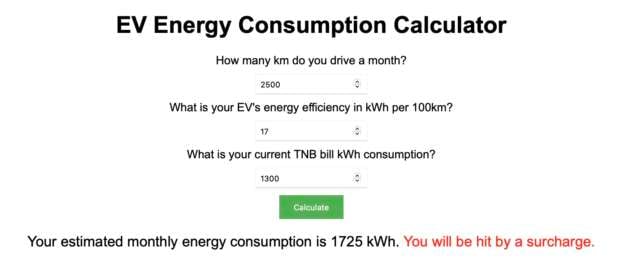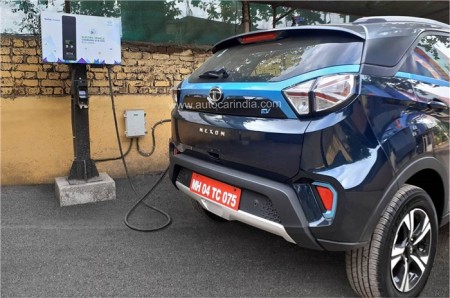
Advertisements
But in this second example, the user’s current TNB bill is on average 1,300 kWh. The same EV will push his consumption to 1,725 kWh. This will trigger the surcharge.
Remember, the surcharge applies to the entire bill, not just the kWh amount that’s above 1,500 kWh, which in this case 1,725-1,500=225 kWh. So in this case, the surcharge would automatically increase the bill by RM172.50, not RM22.50
If you consume 1,501 kWh? Too bad. That extra 1 kWh would be the most expensive 1kWh ever, automatically increasing your entire bill by RM150.10.
We foresee that this might dampen the sales potential of more affordable EVs such as Neta V and the upcoming BYD Dolphin, which are just starting to hit the market. Buyers of these more affordable EVs might be more sensitive to movements in electricity costs. Why should they take the risk to adopt EVs when no such tiered subsidy system exists when purchasing petrol?
We hope this helps you understand how adding an EV could impact your TNB bill thanks to the new ICPT tariff that has this “1,500 kWh” switchover point.
Click here to use the EV consumption calculator.



